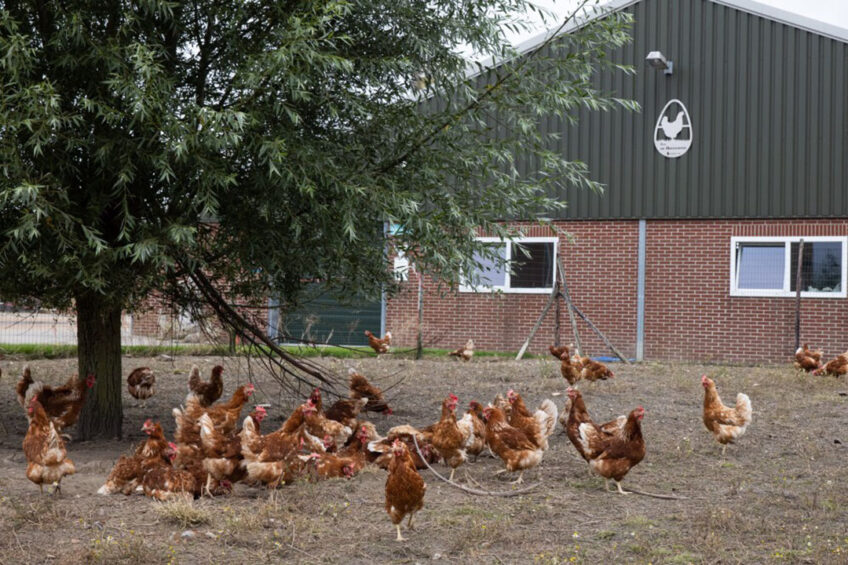Value of Member State schemes under the spotlight

Stakeholder benefits linked to the establishment of the Protected Geographical Indications (PGIs) and Traditional Specialities Guaranteed (TSG) schemes mean a fair return and fair competition for farmers and producers, according to a new report.
However, the European Commission study, ‘Evaluation of GIs and TSGs protected in the EU’ found that they were not systematically applied in all EU member states with the main limitation a lack of consumer awareness that they existed.
Attributable characteristics
PGIs identify a product as originating in a particular area, which may be a whole country. The product’s given quality, reputation or other characteristics must be attributable to this area and at least one of the production steps must take place in the defined area. TSGs identify a product made according to a traditional practice or produced from traditionally-used ingredients.
Positive conclusions and issues that arose
The study, which ran for a year, looked at 3,286 GIs and TSGs registered by member states. Some conclusions were drawn:
- Ensured the integrity of the internal EU market.
- Provided common standards for trade with third countries.
- Provided clear EU added value.
But there were issues that needed to be addressed including:
- Low consumer awareness and understanding of the schemes in some member states.
- Complex and lengthy registration procedures.
- Weaknesses in controls at the downstream stages of the value chain.
France’s Label Rouge for poultry
Within the poultry sector, perhaps the best known PGI is the French-based Label Rouge, which was developed for poultry through a collective, regional approach involving a region’s entire production sector, from poultry farmers to processing plants. The production of Label Rouge’s traditional, slower-growing birds is deeply rooted in the French regions, and there are 34 PGIs for poultry.
Label Rouge says the PGI patent provides the “local touch” with reassurance of guaranteed origin for those who eat the products and the promise of “a special flavour that is very typical of each terroir”.
There was less evidence that the specific objectives of the TSG scheme were being fully achieved. There are only 60 registrations, the report said, and the main element hindering the success of the scheme is the perceived low added value for producers to register a TSG. This stems from a combination of different factors such as low consumer awareness and complex registration procedures.
UK’s Traditional Farm-fresh Turkey Association
In the UK, Traditional Farm-fresh Turkey Association was registered as a TSG in 2000 – the product is described as being superior in quality to standard turkeys, and as such the bird must be produced using a specific method which includes using only birds which are over 20 weeks old, have been dry-plucked, hung to mature and eviscerated after the period of hanging.
Antibiotic reduction in EU progressing at different speeds
The global livestock sector has made great steps towards antibiotic reduction but regional approaches differ, even in countries under the same general regime. Read more…
Nationwide, there are only 30 members of the Traditional Farm-fresh Turkey Association. Gloucestershire producers, Harts Traditional Turkeys, say they are proud to be part of the first product in the UK to gain recognition from the EU that they are produced according to a traditional method. Post Brexit, this means Traditional Farm-fresh Turkey Association members can display the UK’s TSG logo.
They feed their turkeys a natural diet that is at least 70% cereals, some of which are grown locally. They have no animal protein, antibiotics, growth promoters or other additives, meaning the birds grow slowly.
Numerous benefits
Nevertheless, the report found that GIs/TSGs are assessed to be efficient, with the various benefits for producers outweighing the costs of a complex and lengthy registration procedures, and low costs for public bodies at an estimated 0.12% of the total sales value.
The report can be found here.





![Birthe Steenberg, AVEC’s Secretary General: “Our [poultry] sector operates under the highest standards of animal welfare, biosecurity and sustainability in the world. Photo: Canva](https://www.poultryworld.net/app/uploads/2024/10/Untitled-design-79-389x260.jpeg)







